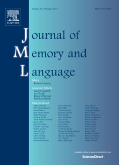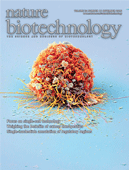
Two remaining charges against a Parkinson’s researcher recently convicted of fraud have been dropped by an Australian court.
In October, Caroline Barwood, formerly at the University of Queensland (UQ) in Brisbane, was found guilty of five out of seven charges. Subsequently, Barwood was handed two suspended sentences: one for two years, and another for 15 months, both to be served concurrently. She will not serve jail time.
Initially, Barwood pleaded not guilty to the three charges of fraud and four instances of attempted fraud — unlike her former UQ colleague Bruce Murdoch, who pleaded guilty to 17 fraud-related charges in March, and also earned himself a two-year suspended sentence.
Barwood was found guilty of five charges against her, but the jury could not reach a majority verdict on one count of fraud and another of attempted fraud. She was asked to re-attend court for a “mention.”
On December 6, those charges were withdrawn. Barwood told us: Continue reading Remaining fraud charges withdrawn for Parkinson’s researcher








